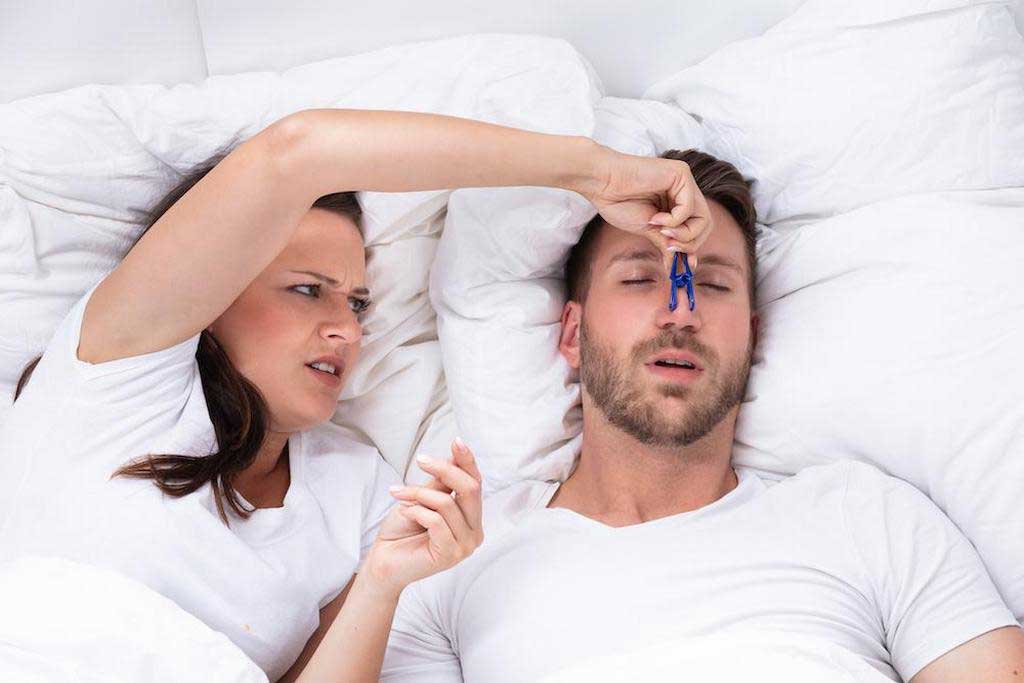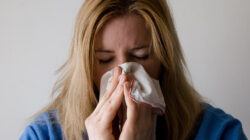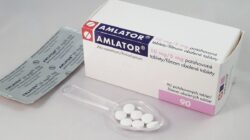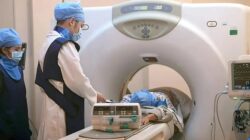Do you have any sleeping problems at night? Have you ever thought that it might be sleep apnea? You should know that sleep apnea is a serious condition that can wreck your overall health if it is not dealt with properly. To avoid any severe symptoms, here are the most common signs for people who have been diagnosed with sleep apnea and the treatments.
8 Signs You Might Have Sleep Apnea
1. Snoring Loudly or Chronically
If your sleeping partner always wakes you up at night because you are snoring loudly or you just wake up yourself snoring, you may have sleep apnea. Most sleep apnea patients admit that snoring loudly is the first sign of sleep apnea. Snoring is something usual and even the loud one is normal. However, the bad sign is the excessive one.
2. Choking, Snorting, or Gasping for Air
People with sleep apnea generally experience an odd breathing pattern at night. It is very common for those who have many pauses which are snorting, gasping for air, or choking. When it pauses, oxygen levels will drop and the brain will wake you up to take another breath. So, there is a difference between waking and sleeping.
3. Getting Exhausted
Another sign of sleep apnea you should know is by feeling exhausted. If you feel tired no matter how long you sleep, your body will tell you that there is a problem that needs attention. It is different when you feel exhausted. It might be difficult for you to stay awake during the daytime. You might fall asleep while drinking, sitting In class, or watching a movie.
Unknown exhaustion happens when you do not feel like you get a good night’s sleep. When you are suffering from sleeping problems, you will end up sleeping lightly through the night. It is like you are taking a long nap without getting adequate rest. So, you should know your sleeping condition first to know whether you have the signs of sleep apnea.
4. Waking Up at Night
Obstructive sleep apnea patients may have hundreds of sleeping disruptions at night that stop their breathing. For some people, these breathing pauses might last as long as about 40 seconds. Every time it happens, the body will wake you up to breathe. It also makes you not sleep throughout the night. There are some tests to know if this is the reason why you cannot sleep at night.
5. Waking Up with a Sore Throat or a Dry Mouth
For sleep apnea patients, the respiratory tract might be stressed. When you are struggling to breathe and snoring, it can make you wake up with a dry mouth and a sore throat in the morning. This is why people with sleep disorders tend to wake up with their mouths wide open. It dries out the throat and makes it feel scratchy or sore. If you have one of the signs of sleep apnea, you should see a doctor.
6. Having Headaches in the Morning
Most people with signs of sleep apnea complain of headaches in the morning after waking up. There is a good reason that you should know. When you have frequent pauses in your breathing at night, the oxygen levels in the brain will stay relatively low. As a result, you may feel pain because of that.
7. Changing Mood
You must agree with the opinion that it is hard to be in a good mood when you are feeling exhausted. However, some studies have found structural changes in the brain of those who are suffering from sleep apnea. Others also found that there are shifts in two brain chemicals that help you to regulate emotions. It might be another term for crankiness.
8. Having Difficulty Concentrating
Have you ever felt struggling to stay awake in class because you stayed up late watching TV the night before? Well, individuals with sleep apnea often experience the same thing. As a result, they feel struggle in focusing and concentrating. This is because they have poor-quality sleep. If you feel one of the signs of sleep apnea, you should get proper treatment.
What You Should Do if You Have Signs of Sleep Disorder or Sleep Apnea
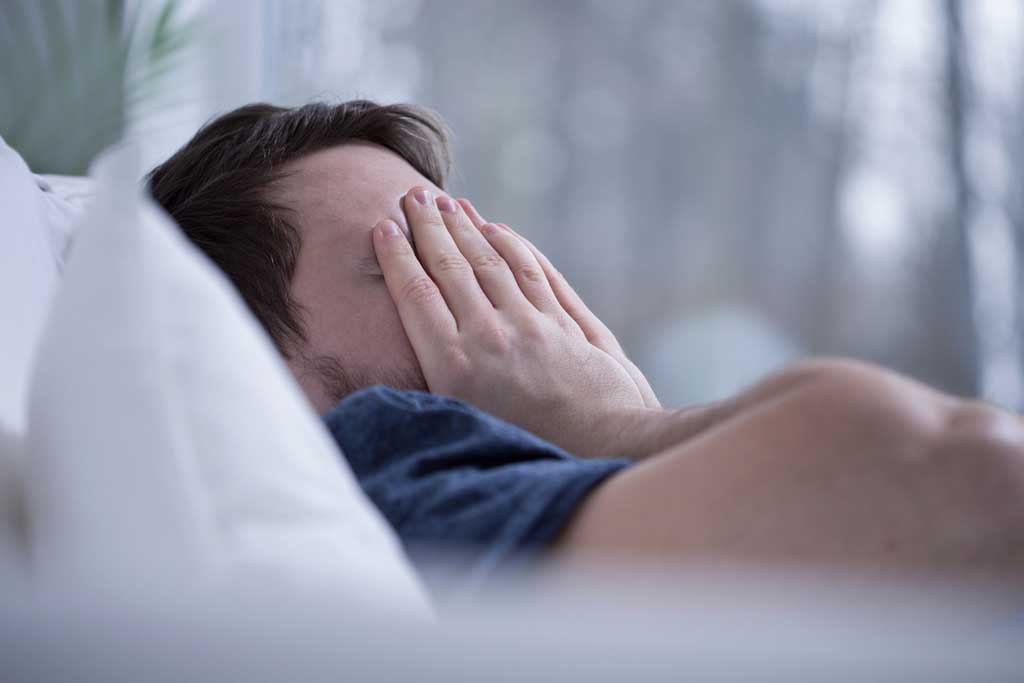
Before making an appointment with the doctor, there are some things you need to prepare. You should ask if there is something that needs to be done in advance when you make an appointment, make lists of your symptoms, key personal information, and the lists of your medications.
The Diagnosis of Sleep Apnea
Before getting any treatment for sleep apnea, the doctor will evaluate your condition based on your signs of sleep apnea, the symptoms, tests, and an examination. The doctor might refer you to a sleep specialist to get any further evaluation. During the examination, the doctor will check the back of your throat, nose, and mouth for abnormalities. He or she will also measure your neck and waist to check your blood pressure.
The Tests to Detect the Kind of Sleep Apnea
A sleep specialist will decide whether you need to stay at a sleep center to monitor your breathing and other body functions or not. If yes, the polysomnography test will help the doctor to detect obstructive sleep apnea at a sleep center. Whilst, a home sleep apnea test is needed to diagnose it at home.
The Treatment of Sleep Apnea
There are three types of treatment for sleep apnea which are lifestyle changes, therapies, and surgery. The doctor will recommend you change your lifestyle to positive ones, such as do not sleep on your back, exercising regularly, and so on. whilst therapies can be in many ways such as mouthpiece, CPAP, and others. Surgery might be needed such as upper airway stimulation.
If you have any problems while sleeping at night, you should not ignore the symptoms and the signs of sleep apnea. When you feel like you fulfilled all the signs, you should see a doctor to get proper treatment. The doctor will diagnose you and lead you to a sleep specialist. Make sure that you do all the things that the doctor requests you to do.
- Biotin Side Effects: Hair Growth Troubles and Skin Rash Risks - July 15, 2025
- Tirzepatide and Hair Loss: Side Effects Explored - July 2, 2025
- Unlock the Mystery: Are Your Headaches a Sign of Hypertension? - June 24, 2025
